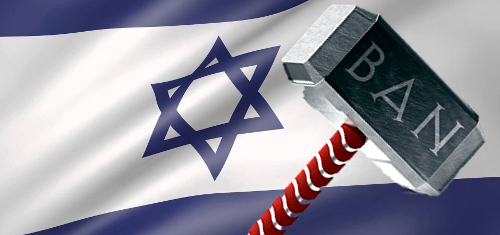 Israel should ban slot machines and betting on the horses, according to the findings of a new government report.
Israel should ban slot machines and betting on the horses, according to the findings of a new government report.
On Wednesday, Finance Minister Moshe Kahlon and Justice Ministry General Director Emi Palmor held a joint press conference to discuss a new report by the Commission on Gambling Regulations.
The Commission, which was made up of representatives from both ministries, was asked to identify ways to (a) increase efficiency in the legal gambling industry and (b) reduce the potential harms of gambling on the country’s most vulnerable citizens.
The report recommends banning the slots and video poker gaming machines run by national lottery monopoly Mifal HaPayis. There are currently around 500 such gaming machines located in 150 lottery shops.
The report also recommended banning the race betting organized by another monopoly, the Israel Sports Betting Board’s Toto brand. There is no dedicated year-round racetrack in Israel but several venues host occasional meetings throughout the year.
Both Kahlon and Justice Minister Ayelet Shaked have vowed to do whatever it takes to ensure that the report’s recommendations are approved by Israel’s parliament, the Knesset. Kahlon, whose previous comments have made his dim view of gambling crystal clear, predicted that “as of next year, there will not be a single gambling machine or any horse racing in Israel.”
Kahlon called slot machines “one of the worst evils” because they “take money from the weak and put it in the country’s jackpot.” Kahlon insisted that gambling proceeds were “dirty money” and the state “doesn’t want it.”
Not satisfied with stopping there, Kahlon also wants to hike taxes on lottery winnings. At present, lottery winnings under NIS 50k (US $13k) aren’t subject to taxes but Kahlon wants to lower this threshold to just NIS 5k. Kahlon estimates that the new tax will add NIS 200m ($52m) to the state treasury.
Kahlon acknowledged that all these steps would cut into both monopolies’ revenue but Kahlon believes the difference can be made up by reductions in advertising and sales commissions. Mifal HaPayis had forecast 10% market growth this year but Kahlon says he wants to cap this growth at 3%.
Finally, Kahlon reiterated his adamant opposition to the Tourism Ministry’s desire to open Israel’s first casinos in the tourist hub of Eilat, saying that “as long as I am finance minister, there will be no casinos in Israel.”
Kahlon is a member of Prime Minister Binyamin Netanyahu’s Likkud party but his casino views appear to break with Netanyahu’s. In February, Netanyahu gave thumbs-up to the Tourism Minister Yariv Levin establishing a committee to examine the Eilat casino proposal and Levin continues to work toward the goal of launching Israel’s first large-scale gambling complex.